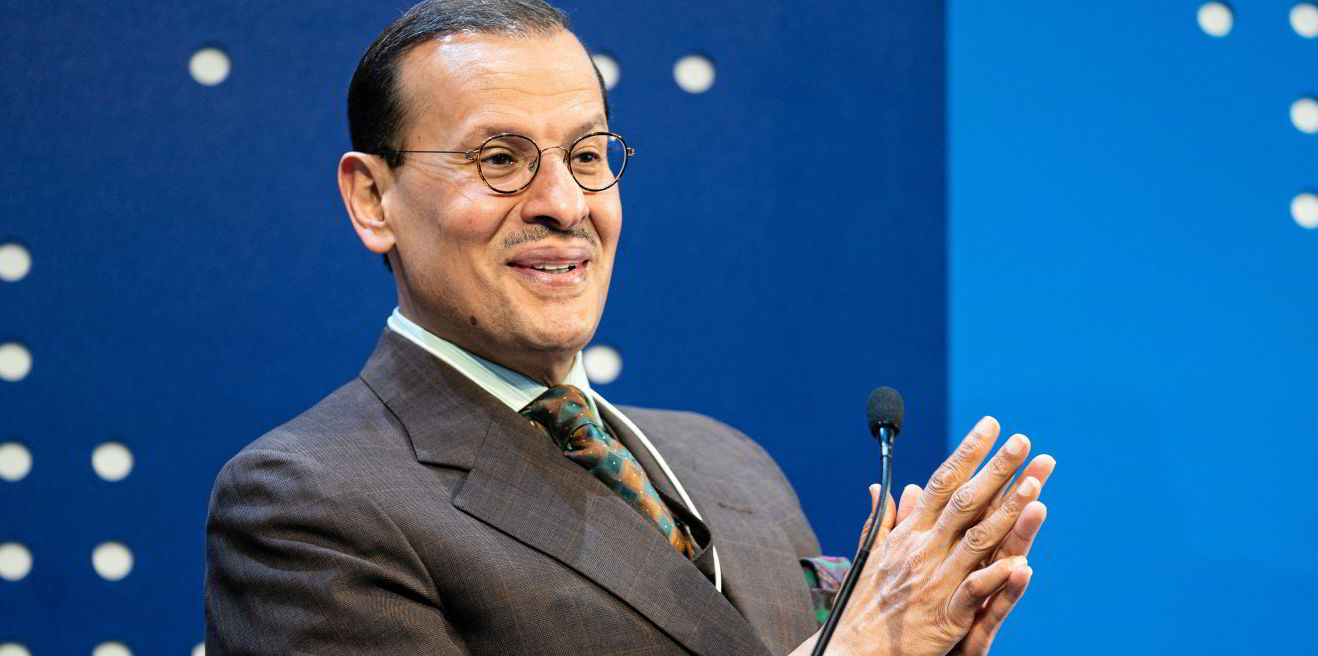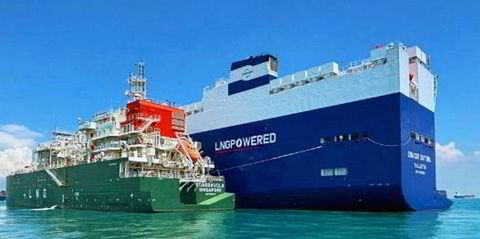Production cuts by Opec+ countries signalled by the Saudi energy minister could limit current gains enjoyed by the crude oil tanker market, analysts said on Tuesday.
Opec+ leaders are to meet next month, with Prince Abdulaziz bin Salman warning of production cuts to stem market volatility owing to a “disconnection” between prices and production.
Any cuts will hit tanker demand as the sector finally emerges from months in the doldrums.
The Baltic Exchange VLCC time charter equivalent rate turned positive 18 days ago for the first time since January last year. It stood at $21,452 per day on Monday, down $858 from 24 hours earlier.
“Witnessing this recent harmful volatility disturb the basic functions of the market and undermine the stability of oil markets will only strengthen our resolve,” the minister told Bloomberg.
He blamed the volatility in part on uncertainty about sanctions and embargoes on Russian oil and a proposed price cap scheme, championed by the US, to limit Moscow’s earnings from its seaborne oil exports.
The likely production cut — along with concerns about China’s recovery and a global economic slowdown — have dampened industry confidence about the VLCC recovery.
The market in recent weeks has focused on China and booming long-haul exports from the US to Asia, which have boosted tonne-miles.
China has tapped the comparatively cheap West Texas Intermediate (WTI) crude, which has in turn put pressure on Middle East crude prices. The World Scale rate from the Middle East Gulf to China was down slightly to 79.64, with TCE earnings of $38,194 per day.

“The biggest worry facing the crude oil tanker market now may be statements by Opec leaders that oil on a global scale is more scarce than it looks,” said Lorentzen & Co chief shipping analyst Nicolai Hansteen in a morning note.
Bjarne Schieldrop, chief commodities analyst at Sweden’s SEB bank, said the oil minister’s comments suggest that Saudi Arabia believes the oil price is some $20 a barrel too low.
He said Opec+ is likely to cut production, as Saudi Arabia has not maintained its current levels of output of close to 11m barrels per day more than twice in history.
“Opec+ currently has a lot of market power,” Schieldrop said. “So if it deems prices to be too low and decides to do something about it, then the oil price will go up.”
Brent crude was up more than 1.5% today at $97.99 a barrel, while WTI was up 1.87% at $92.05.





